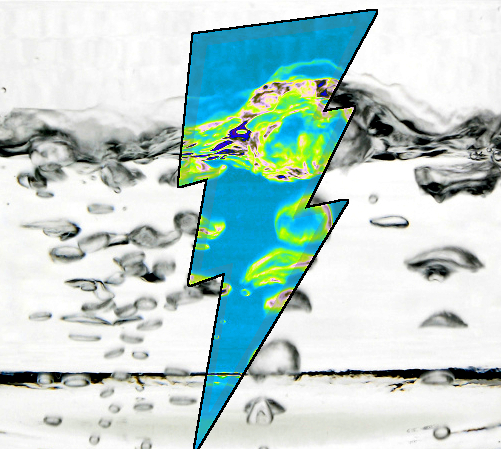Hydrogen plan costs expand
 Concerns have been raised about a major hydrogen project involving Victorian coal.
Concerns have been raised about a major hydrogen project involving Victorian coal.
The multi-billion dollar Hydrogen Energy Supply Chain project in Victoria, Australia, could be in jeopardy due to a lack of interest from Japanese customers and demands for additional subsidies.
The plan, which aims to extract hydrogen from brown coal in the Latrobe Valley, has received only short-term contracts from the Japanese, and responsibility for capturing and containing the project’s carbon emissions is still unresolved.
Only a portion of the AU$2.48 billion funding will go toward developing the liquefaction plant and export facilities, and the state government could be liable for the carbon emissions.
The decade-long project has already achieved several technological breakthroughs, including the first shipment of liquefied hydrogen to Japan last year.
However, the cost of capturing and storing carbon emissions may make fossil fuel-sourced hydrogen uncompetitive.
The Japanese partners have requested additional funding from the federal and state governments, and the project is not expected to reach commercial scale until 2030.
“We will work with Japan and the Commonwealth to further assess the commercial, technical and environmental feasibility of the project,” said a spokesperson for Victoria’s Treasurer, Tim Pallas, who is a proponent of the project.
The Australian Hydrogen Council supports the plan, calling it an "alternative pathway" to the "main game" of renewable hydrogen.
However, analysts have expressed concerns about the short-term contracts offered by the Japanese, as they differ significantly from the long-term contracts that the LNG industry has signed with Asian customers.
“We really don’t know what role hydrogen is going to play ultimately in Japan’s decarbonisation efforts,” says Llewellyn Hughes, a Japan specialist at the ANU’s Crawford School.
Carbon capture and sequestration (CCS), which would be necessary for the project, has been criticised by mining magnate Andrew ‘Twiggy’ Forrest, who is investing in green hydrogen.
“Carbon capture and sequestration, statistically, has been a massive, abject failure. It literally waits for the next sucker to come along,” he said.








 Print
Print